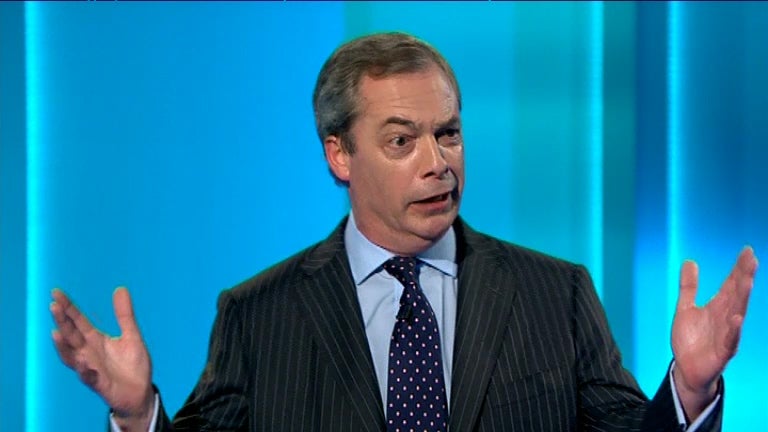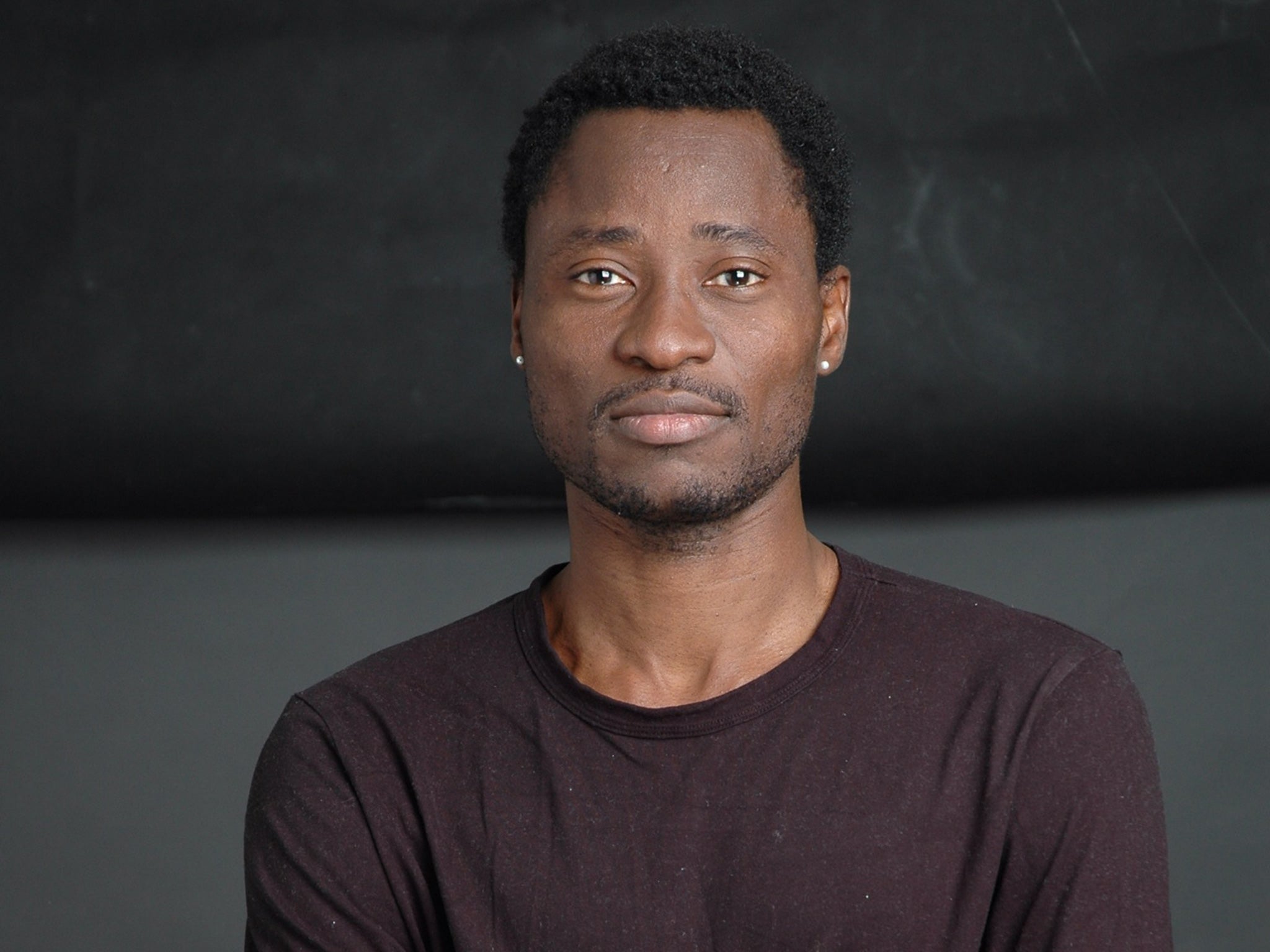Nigel Farage on HIV: Ukip leader says 'sensible Christian thing' is to put British patients first
The Ukip leader drew criticism for his remarks on foreign-born patients

Your support helps us to tell the story
From reproductive rights to climate change to Big Tech, The Independent is on the ground when the story is developing. Whether it's investigating the financials of Elon Musk's pro-Trump PAC or producing our latest documentary, 'The A Word', which shines a light on the American women fighting for reproductive rights, we know how important it is to parse out the facts from the messaging.
At such a critical moment in US history, we need reporters on the ground. Your donation allows us to keep sending journalists to speak to both sides of the story.
The Independent is trusted by Americans across the entire political spectrum. And unlike many other quality news outlets, we choose not to lock Americans out of our reporting and analysis with paywalls. We believe quality journalism should be available to everyone, paid for by those who can afford it.
Your support makes all the difference.Nigel Farage has defended his HIV comments by saying it was “a sensible Christian thing” to look after British people over foreign nationals.
The Ukip leader was attacked by human rights and Aids campaigners for his incorrect assertion during Thursday’s leaders’ debate that 60 per cent of new diagnoses in the UK were not for British patients.
Speaking to Sky News while campaigning in South Thanet yesterday, he was asked whether withholding treatment because of a person’s country of birth was in line with the “Christian values” he had earlier professed.
“What good Christian would say to an 85-year-old woman you can't have breast cancer treatment because we can't afford it, whilst at the same time shovelling billions of pounds on foreign aid, allowing people from all over the world to fly into Britain as health tourists to get a HIV test and drugs over £20,000 a year,” Mr Farage said.
“It is a sensible Christian thing to look after your family and your own community first.”
He added that there was no difference on principle between HIV and cancer treatment.
On the question of his own religion, Mr Farage described himself as a “lapsed” Anglican who does not attend church regularly but believes in God.

During a segment on the NHS during the leaders’ debate, he said that although “horrible things” were happening in other parts of the world, British taxpayers should be given priority on the NHS.
“There are 7,000 diagnoses in this country every year for people who are HIV positive, but 60 per cent of them are not for British nationals,” he said.
“You can come into Britain, from anywhere in the world, and get diagnosed with HIV, and get the anti-retroviral drugs which cost up to £25,000 per year per patient.”
The statement prompted an angry backlash on Twitter and swift reprimand from Leanne Wood, the leader of Plaid Cymru, who attacked Mr Farage for “dangerous scaremongering”, while Ed Miliband tweeted that he “should be ashamed”.
Ukip sources have since reportedly claimed the attack was carefully planned to fire up the party’s core vote, under a strategy dubbed “shock and awful”.
Bisi Alimi, 40, who was diagnosed with HIV in 2004 but was unable to access treatment in Nigeria for fear of being revealed to be a homosexual, said the comments made his “blood boil”.
Speaking to The Independent, Mr Alimi said the majority of people with HIV who migrate the UK would have no idea they were entitled to free treatment.

“When I came to this country in 2007 I was running away from being killed,” he added.
“I thought, ‘If I’m going to stay alive I’ve got to leave my country.’ I had no idea that I could claim asylum, and that I could have access to treatment.”
Mr Farage has brought up the issue of migrants with HIV several times before.
When asked what kind of people should be allowed to enter Britain last year, he said: “People who do not have HIV, to be frank. That’s a good start. And people with a skill.”
According to the latest figures held by Public Health England, 6,000 people were diagnosed with HIV in the UK in 2013 and 54 per cent of those were foreign nationals, although the country of birth was not known for about a sixth of patients.
The proportion of foreigners being treated for HIV on the NHS has actually been declining for more than a decade, as has the overall number of new diagnoses in Britain.
Join our commenting forum
Join thought-provoking conversations, follow other Independent readers and see their replies
Comments